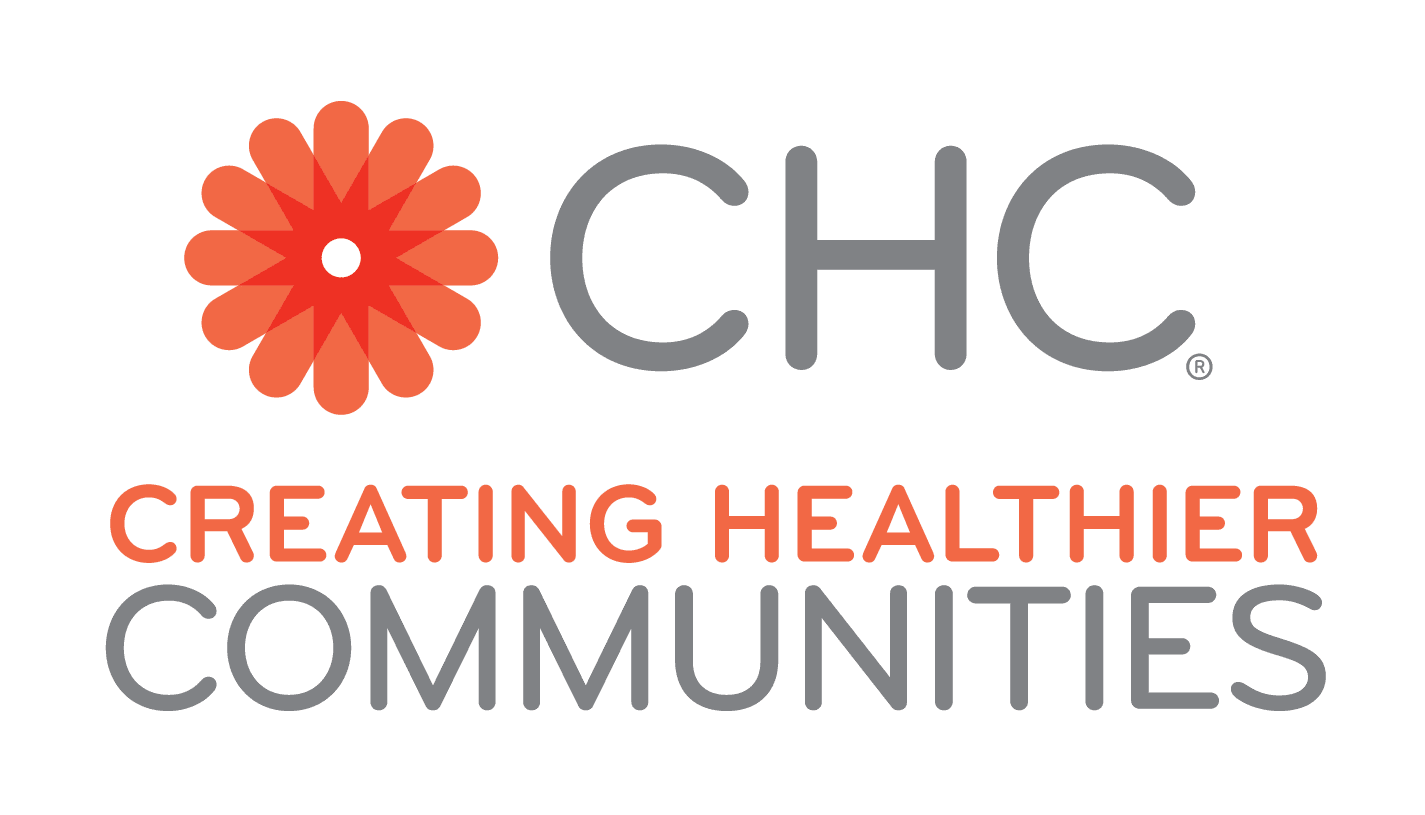By: Rebekah Bastian, Vice President of Community & Culture at Zillow Group;
Cultural Quantum Mechanics
– I never thought quantum mechanics would teach me a lesson about the human experience, but it did.
When I was taking a physics class once, we spent a little time learning about Wave-Particle Duality. This is a quantum mechanics observation that light can be both a wave and a particle at the same time, depending on how it’s observed.
At the time, I didn’t think much of the theory beyond what I needed for the class. But flash forward 20 years, and I’m finding a new relevance in these observations. It was evident in my previous work on Zillow products, and then even more so as I moved into working with people and our corporate culture: Human experiences often behave in the same duality that light does, in that two opposing states can both be valid at the same time.
Understanding this is important because the way forward through tough problems requires the space for multiple experiences to exist, even when those experiences are conflicting. We need to be able to hear each other, understand opposite perspectives and then be as flexible as light in deciding the right state to adapt to. A few examples of this come to mind.
Love and fear
A mentor of mine shared with me the idea that there are only two emotions: love and fear. A single situation can play out so differently simply by switching between leading with love and leading with fear.
For example, as women in technology, we can trick ourselves into feeling fear that only a few women will make it through the ranks in such a male-dominated field and that we must compete with one another to get ahead. But in the same situation, we can lead with love and help one another along. When we do that, we realize that it’s not a zero-sum game after all, and we can go further together than we can alone.
Assuming intentions
Every interaction we have with someone results in a story that we tell ourselves about what happened and why. That story is our own perspective and can be guided by the intent that we assume in the other person. When we assume the worst intent — thinking that people have unjust motivations or are out to get us — relationships can dissolve, and collaborations can become ineffective. When we assume a person has good intentions, then even if we disagree with their perspective we are still able to move forward productively.
There is a saying, “Everyone is fighting a battle you know nothing about.” And I believe that everyone is doing what they think is the right thing in a given situation, based on their priorities, beliefs and experiences. This belief system creates space for us to assume best intent, and that yields both stronger relationships and less self-doubt.
Meritocracy vs. equity
Meritocracy is a popular belief system, especially within the tech sector, that suggests rewards (such as opportunities, compensation and recognition) are directly tied to ability and performance. Equity is a growing focus in corporate America too — and a focus in my current role. Focusing on equity means that we are taking into account barriers, oppressions and opportunities that people have encountered then dedicating extra effort to bringing people up to a level playing field.
A colleague asked me recently how we can reconcile the narrative that these two concepts are mutually exclusive — that we need to either focus on rewarding the best and brightest or focus on creating equitable business practices. I believe the answer to this lies directly in this quantum mechanics metaphor. Not only is there space for both belief systems to exist at the same time, but it is necessary to honor both perspectives in order to bring everyone along. And, of course, the punchline is that in focusing on removing barriers and creating opportunities for those who have experienced oppressions, we do end up seeing better business results and celebrating highly skilled teams. Meritocracy and equity are the wave and particle of workplace values.
Once I started recognizing the dual nature of most problems and experiences, I started seeing and embracing those opposites everywhere. What used to cause me cognitive dissonance now provides new inspiration for creative solutions. We will always have our different experiences and perspectives, and embracing those differences will help us see the light (pun intended).

Rebekah Bastian, Vice President of Community & Culture at Zillow Group
Rebekah Bastian is Vice President of Community & Culture at Zillow Group, leading efforts around Equity & Belonging, Social Impact Products and Cultural Engagement. Rebekah was one of Zillow’s first employees, coming over from Microsoft in 2005, and spent her first 12 years leading product development across many areas of the company.
Rebekah serves on the Board of Directors of Bellwether Housing and the Advisory Board for the University of Washington School of Mechanical Engineering. She is also an advisor to technology startups, a respected thought leader and community partner. She writes articles in multiple publications and is a frequent speaker at conferences and community events. She has been recognized in the Puget Sound Business Journal 40 Under 40, the Inman 33 People Changing the Real Estate Industry and the Female Founders Alliance Champion Awards.
Rebekah earned her Master of Mechanical Engineering from University of California, Berkeley and Bachelor of Mechanical Engineering from the University of Washington. She is also a mentor, a mother to two boys and an aerial acrobat.
This post was originally featured here. Reprinted with permission.






